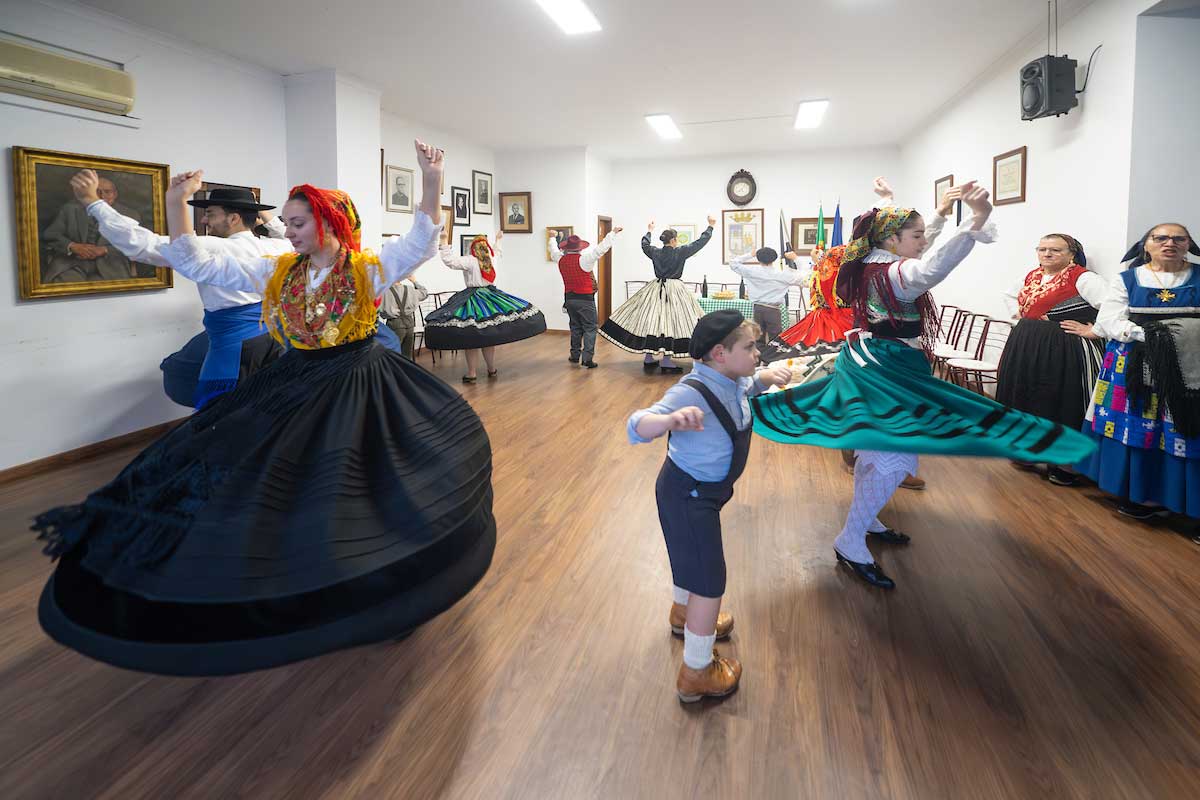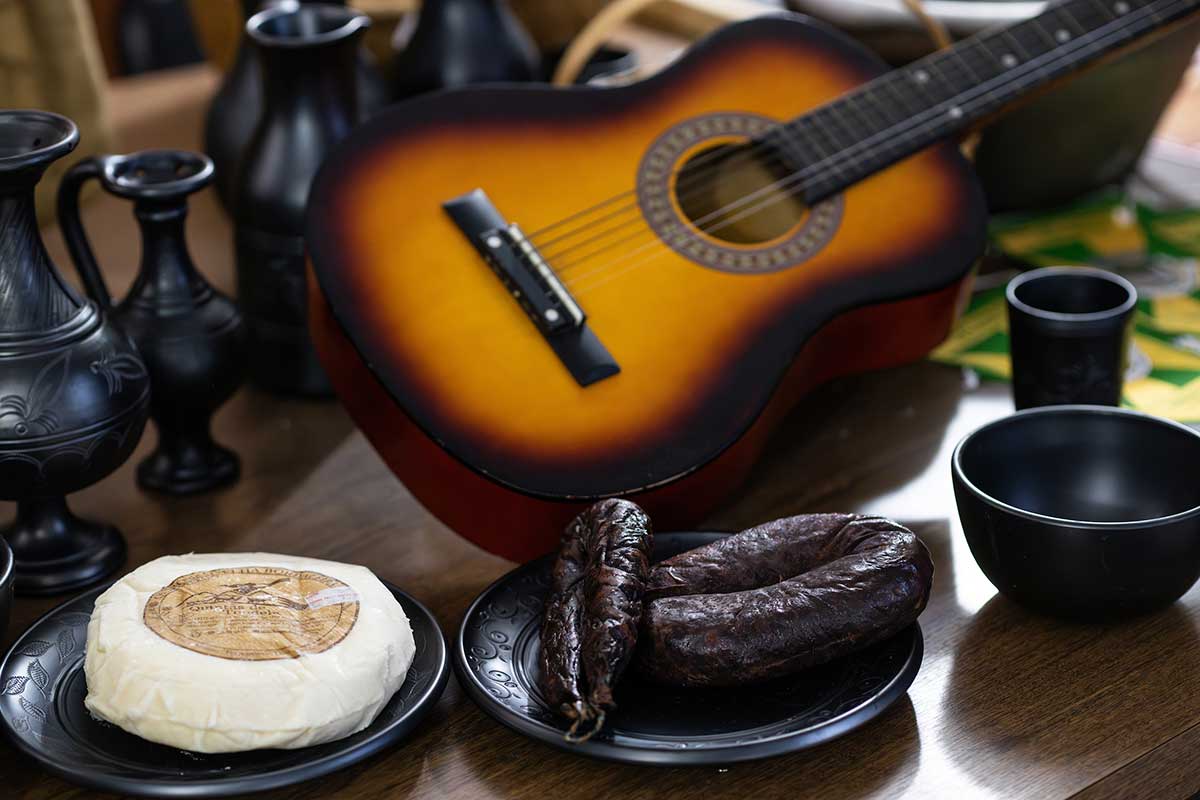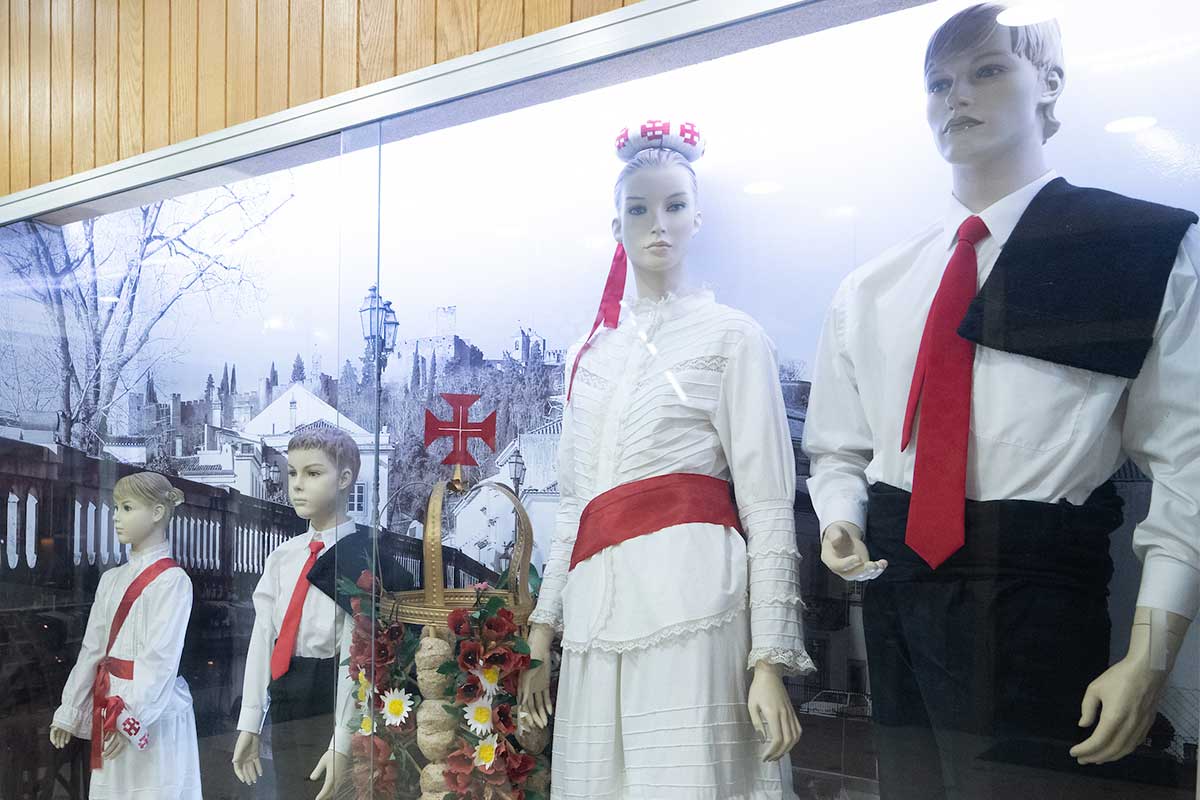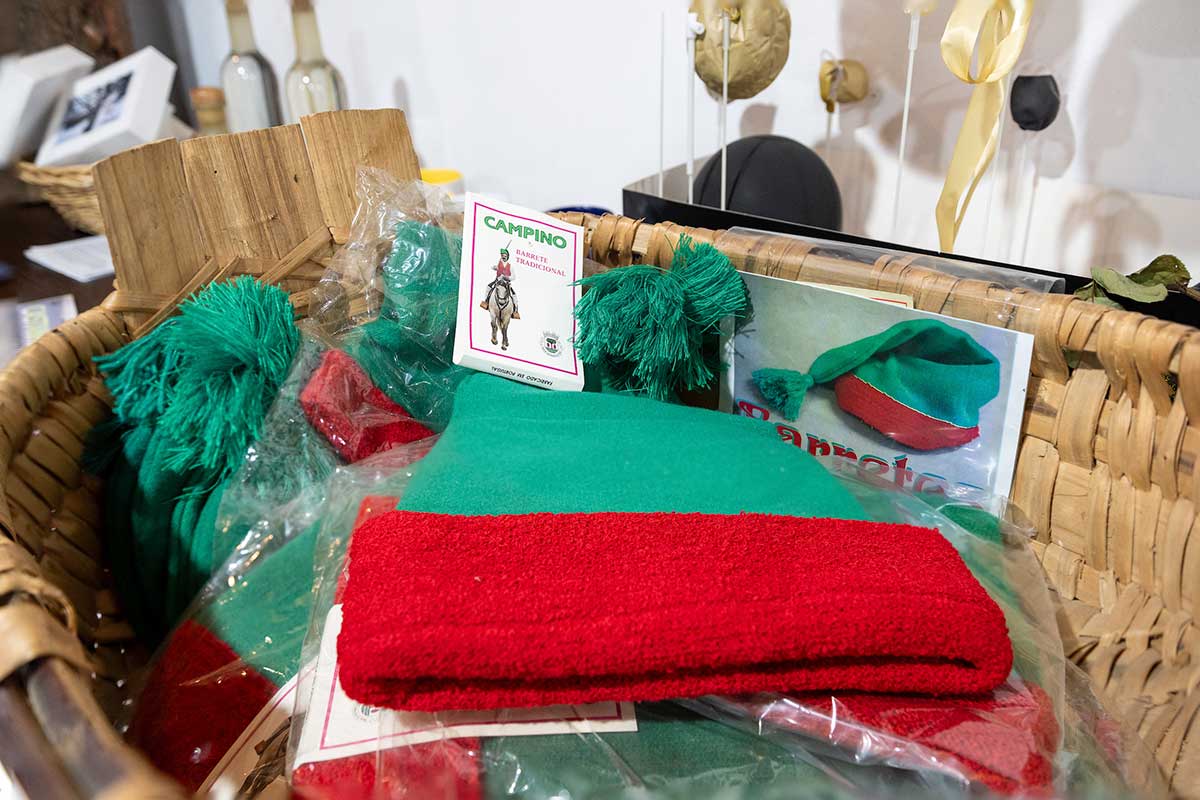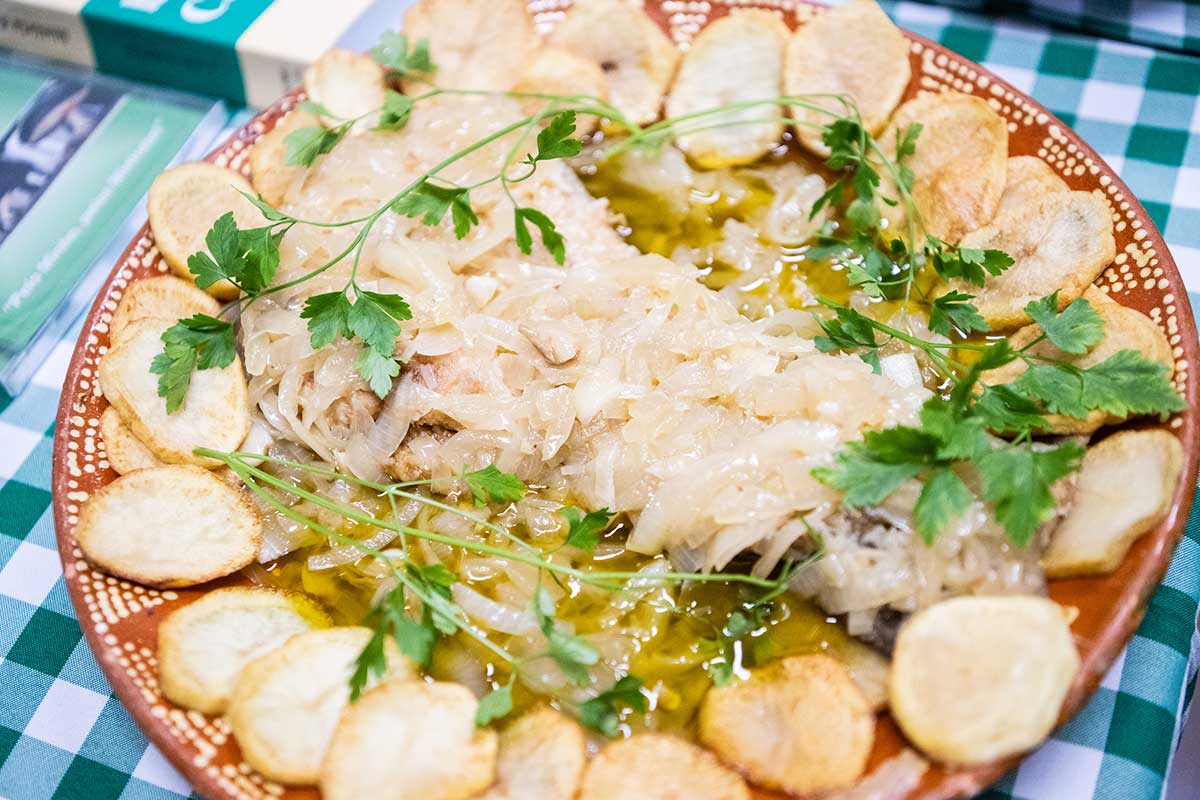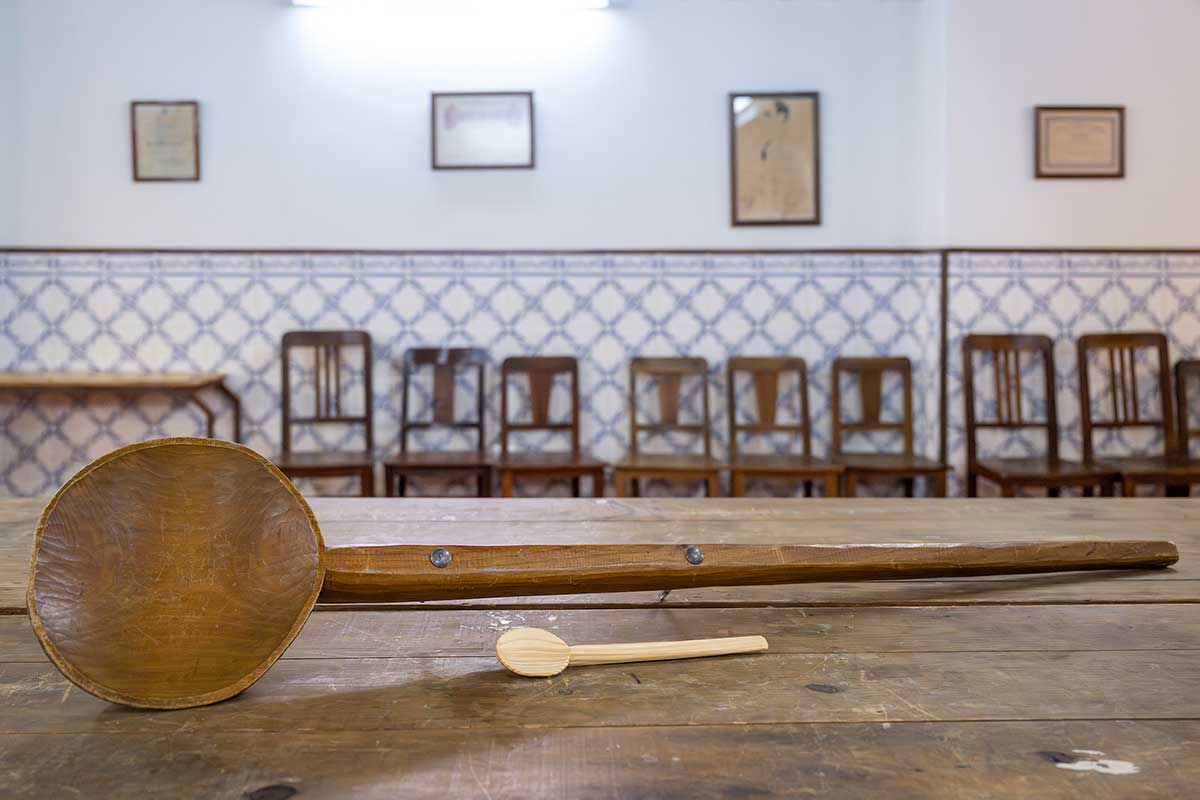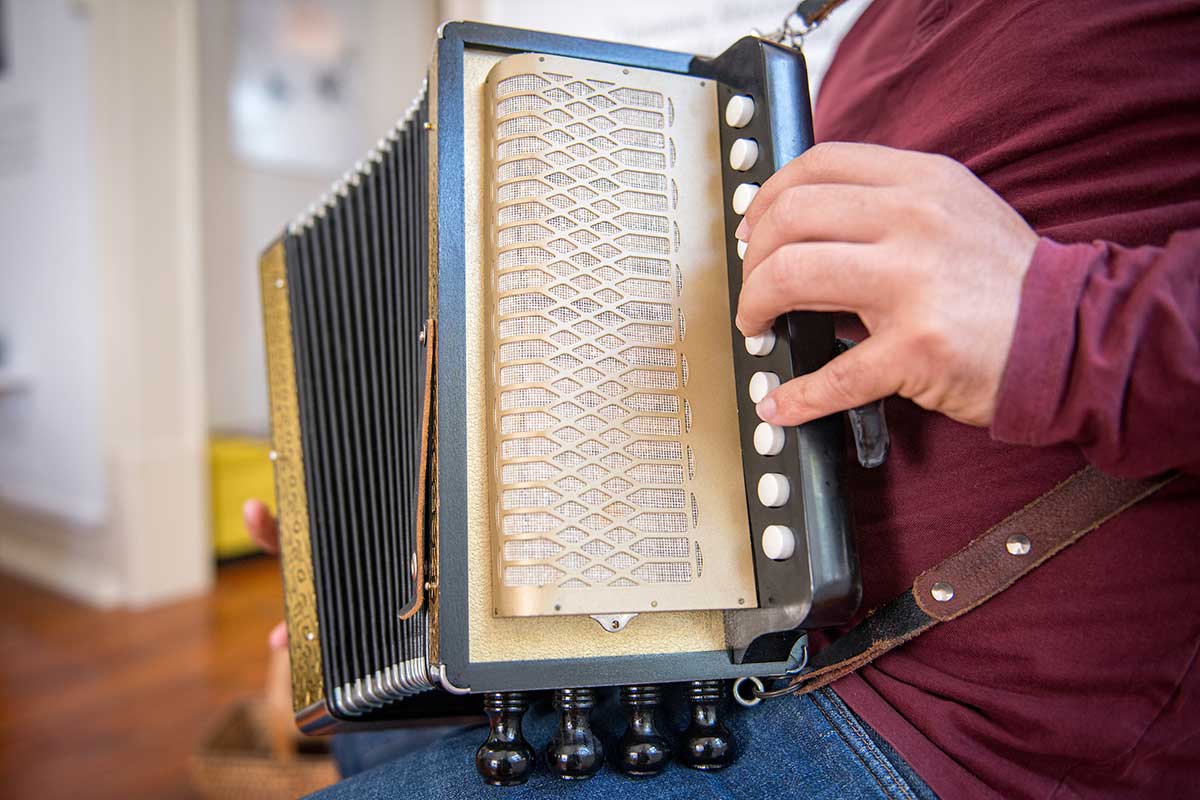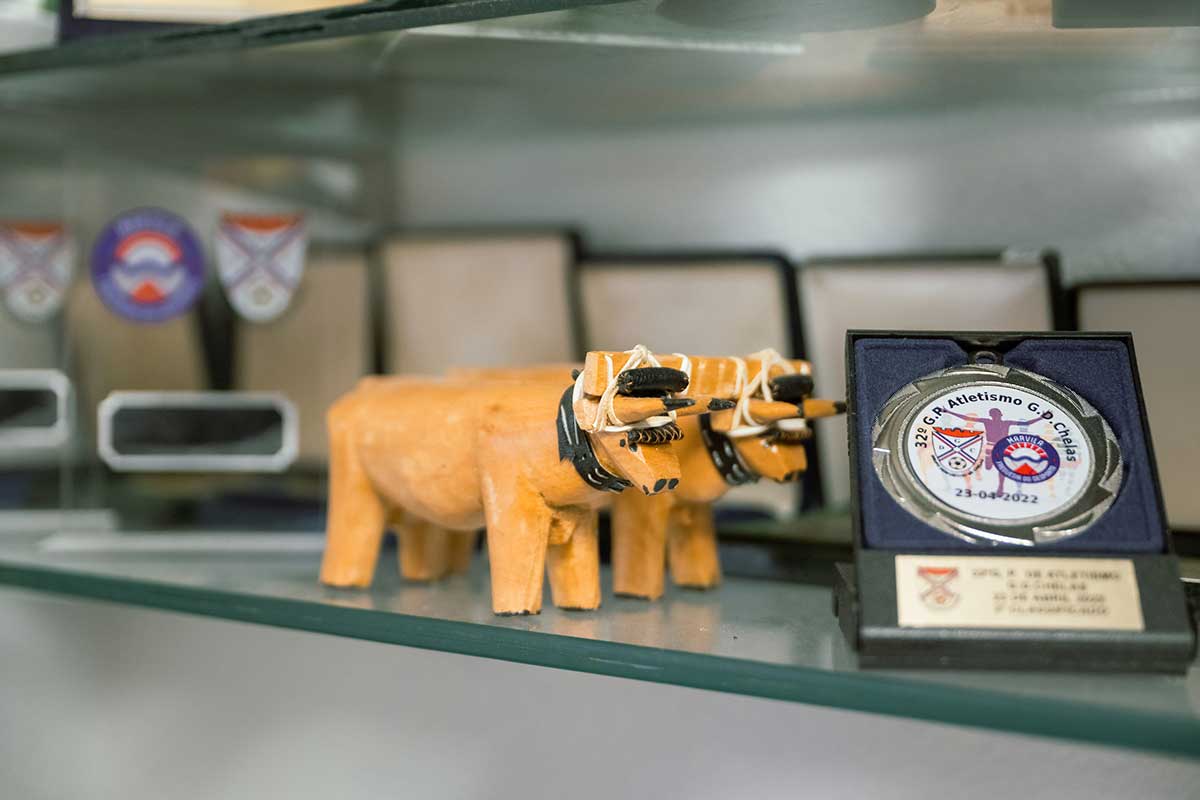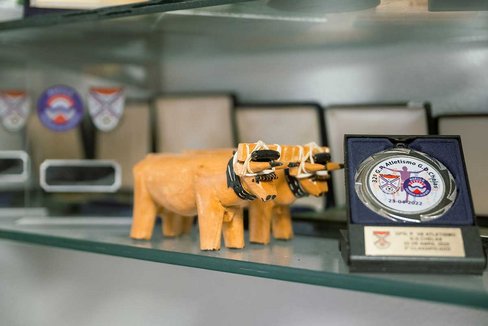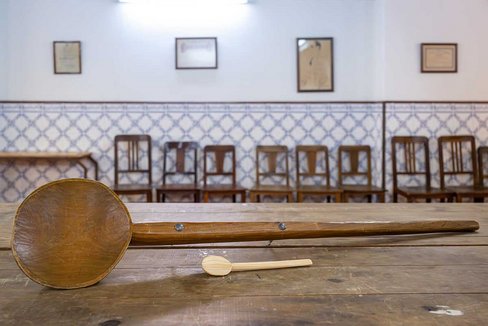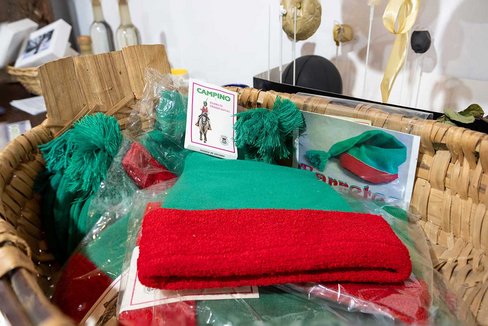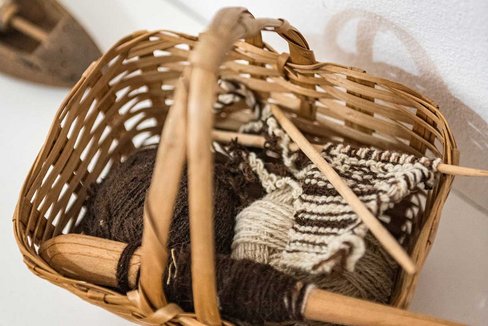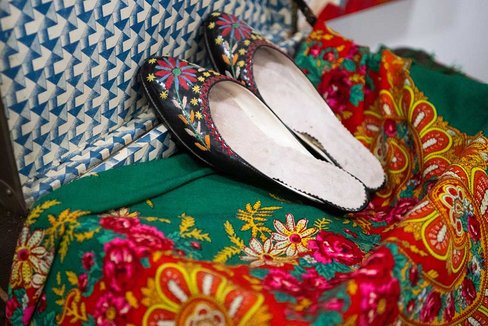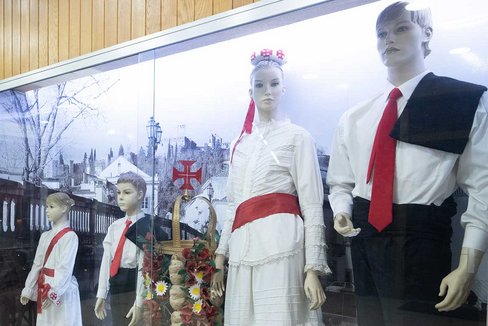Entry
Regional Houses
The soul of the country in Lisbon
The Regional Houses in Lisbon are little pieces of memorabilia from every region, from the north to the south of the country. By maintaining and promoting the traditions and popular culture of a region, they contribute to the cultural and social diversity that characterizes Lisbon. Of the 36 regional houses registered in the city, we spoke to six. Regionalism flourishes in the capital's neighborhoods.
Regional Houses in Lisbon play a key role in promoting cultural diversity, celebrating the traditions, arts, crafts and flavors of each region. They develop cultural, social and recreational activities, preserving the uses and customs of the different areas of the country. They are more than cultural embassies, they are bridges that connect Lisboners to their origins and invite everyone to explore the diversity of Portugal without leaving the city.
Acting as places of welcome and encounter, the Regional Houses act as a support for local communities, especially those who feel the need to keep their regional identity alive, even though they are far from their homelands. In addition, they play a very important tourist role, allowing visitors to get to know the different regions of Portugal, from the north to the south of the country.
Carrying the earth in your suitcase
During the 20th century, Portugal experienced intense processes of internal migration, mainly from the countryside to the big cities, such as Lisbon, due to the growing process of urbanization and industrialization.
The capital, which promised work and better living conditions, became a point of convergence for people from all over the country who, upon settling in the city, felt the need to preserve their traditions and maintain ties with their homelands. In this context, the first Regional Houses emerged as places of welcome and cultural dissemination.
Initially, the Regional Houses in Lisbon were more practical in nature, acting as places of support and social solidarity for migrants. However, over time, they have become cultural spaces where the traditions of each region are celebrated. They have become places of cultural exchange, where people from the regions meet, but also Lisboners and tourists, who have the opportunity to get to know the traditions, gastronomy and typical Portuguese festivals.
Protecting Regional Houses
Lisbon is home to 36 Regional Houses, most of which are part of the Association of Regional Houses in Lisbon (ACRL), created with the aim of "promoting our culture, our gastronomy, our handicrafts and our way of being, as people from different regions of the country" who migrated to Lisbon "to develop the city and the Lisbon region", explains Elísio Chaves, president of ACRL and also president of the board of Tondela Regional House.
This regionalism is here to stay and has always been welcomed by Lisboners, even if they were descendants of those who once left "the land" to settle in the capital: "Lisboners also have a land. A land where they go on vacation, where they go to have fun with their families, to meet their families, their descendants," says Elísio.
That's also why, he says, everyone should support Regional Houses more and more. In fact, he says, "we have our own identity as Regional Houses". That alone, he says, would be more than enough reason for them to "become UNESCO World Heritage Sites."
Lisbon City Council is a partner of the Lisboa Regional Houses, whose activities it promotes and publicizes.

